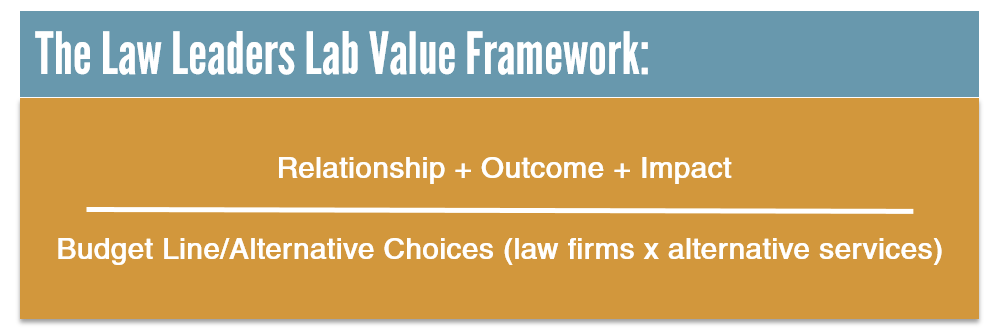by Debra Baker
Relationships are the cornerstone of any professional services business. But the traditional ways lawyers build relationships are changing. Excellent legal service, responsiveness and knowledge of a client’s business – once considered “value adds” to building strong relationships – are now considered a requirement for getting business. Meanwhile, “Trusted Advisor” relationships – a term that combines the intangibles of loyalty, likability and multi-disciplinary problem solver – are harder to come by.
In addition to all of the above, they have much more practical needs and expectations. Their observations included the following:
- Decision-makers cited adaptability as a far more important factor than who they like best. In some cases, adaptability is tied to individual working style and personality. In others it goes beyond interpersonal skills alone.
- Not all attorney-client relationships are trusted advisor relationships. In many cases, clients are looking for a quick answer to a minor legal need. Lawyers hungry to develop stronger relationships need to start small, doing a great job on a specific matter without trying to continually force an elevated relationship.
- Earning trust with one decision maker does not automatically extend across the organization as a whole. Relationships must be built one person at a time.

One CFO explained that developing strong relationships is important because it helps the attorneys she consistently works with understand the way her organization does business. That helps them adapt their working style to meet her company’s specific needs, which are atypical of other companies in her space – something some attorneys don’t recognize at first glance.
Likability is important, she said, but at the end of the day this concept of adaptability will drive who she selects as counsel. She cited one attorney who she thought would be a great fit for her company. He is a great lawyer, responsive and she genuinely likes him as a person. Unfortunately, he just couldn’t adapt his style of negotiating to meet the unique role her company plays in the deals they do. She ended up having to hire someone else.
And, in an increasingly competitive legal market, the pressure on attorneys to find new business is so palpable that in some cases attorney efforts to expand the scope of work they handle is working against them. Among the cited examples of bad behavior was one attorney who repeatedly calls his client asking for more work and another who side steps the General Counsel’s office in effort to find new assignments. Both efforts are perceived as acts of desperation and only serve to alienate them from their clients.
This is particularly true as legal budgets get more scrutiny from the business side of organizations. General Counsel and other key executives recognize they need to demonstrate their own value with the stakeholders inside the company. The last thing they want is to feel as if they are competing with outside counsel who attempt to work around them in the name of building organizational “trust.”
The takeaway? While relationships remain important, our research revealed a shift in the way clients define the value of those relationships. Adaptability trumps likability and economics can trump both. Lawyers need to be more self-aware of how clients perceive the value of the role they play.
If you haven’t signed up to receive our email updates, join the Law Leaders Lab mailing list here.
To access our complete research findings and download our whitepaper, click here.
